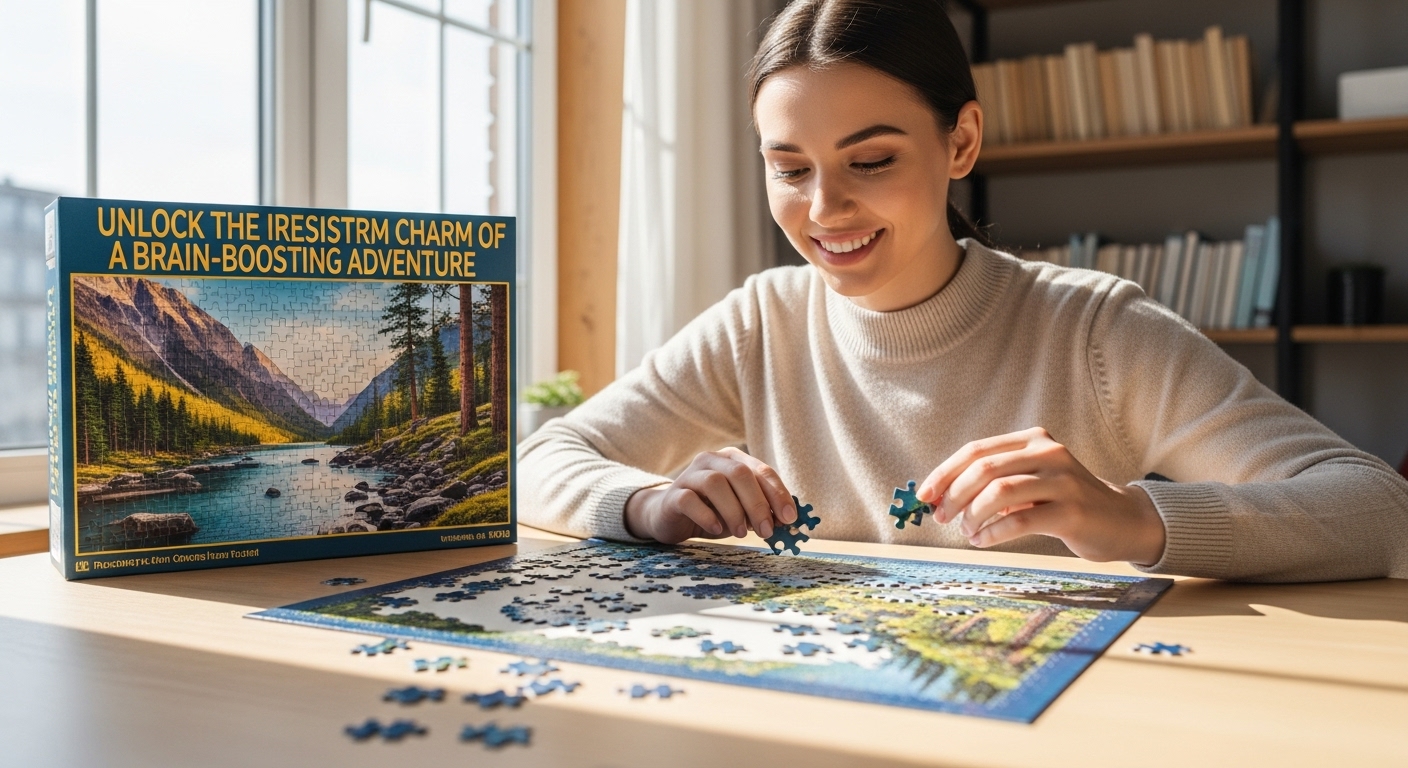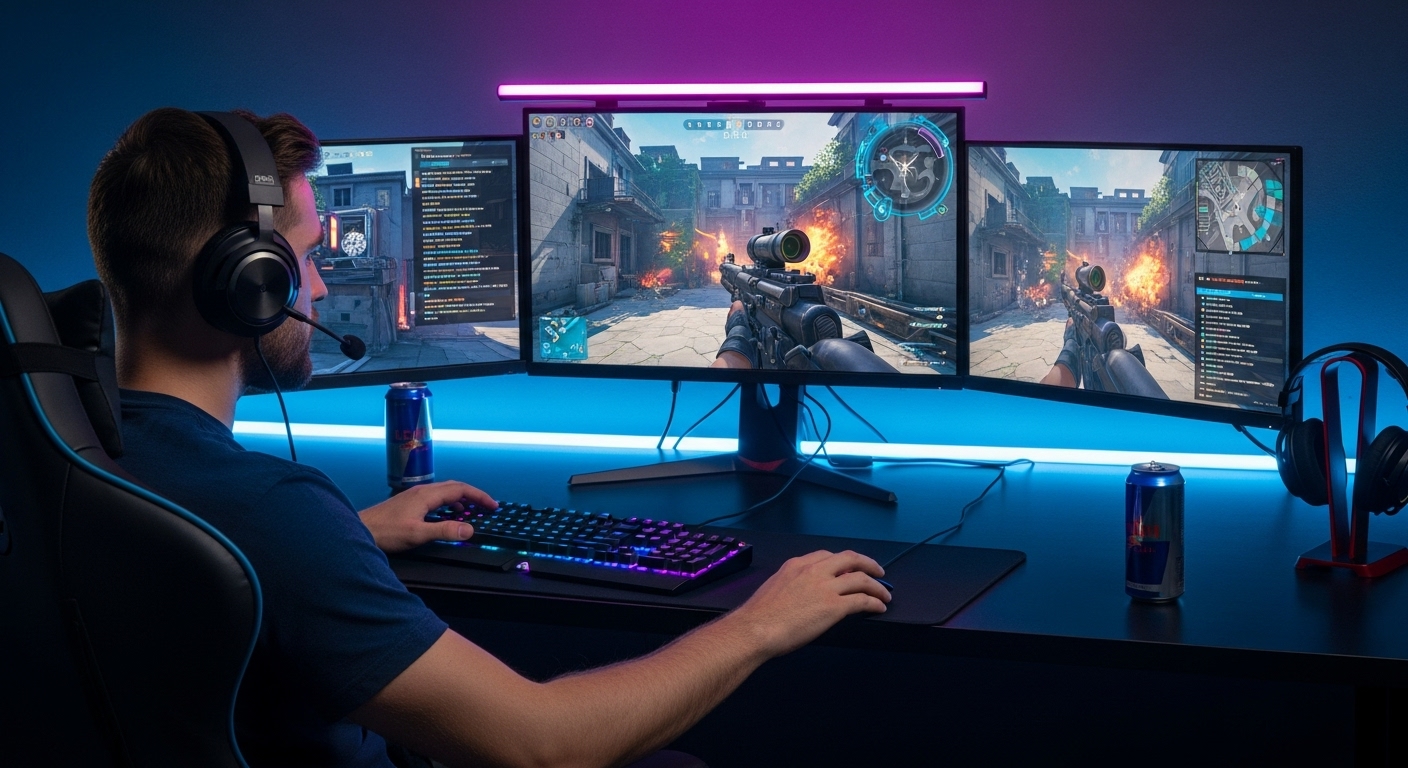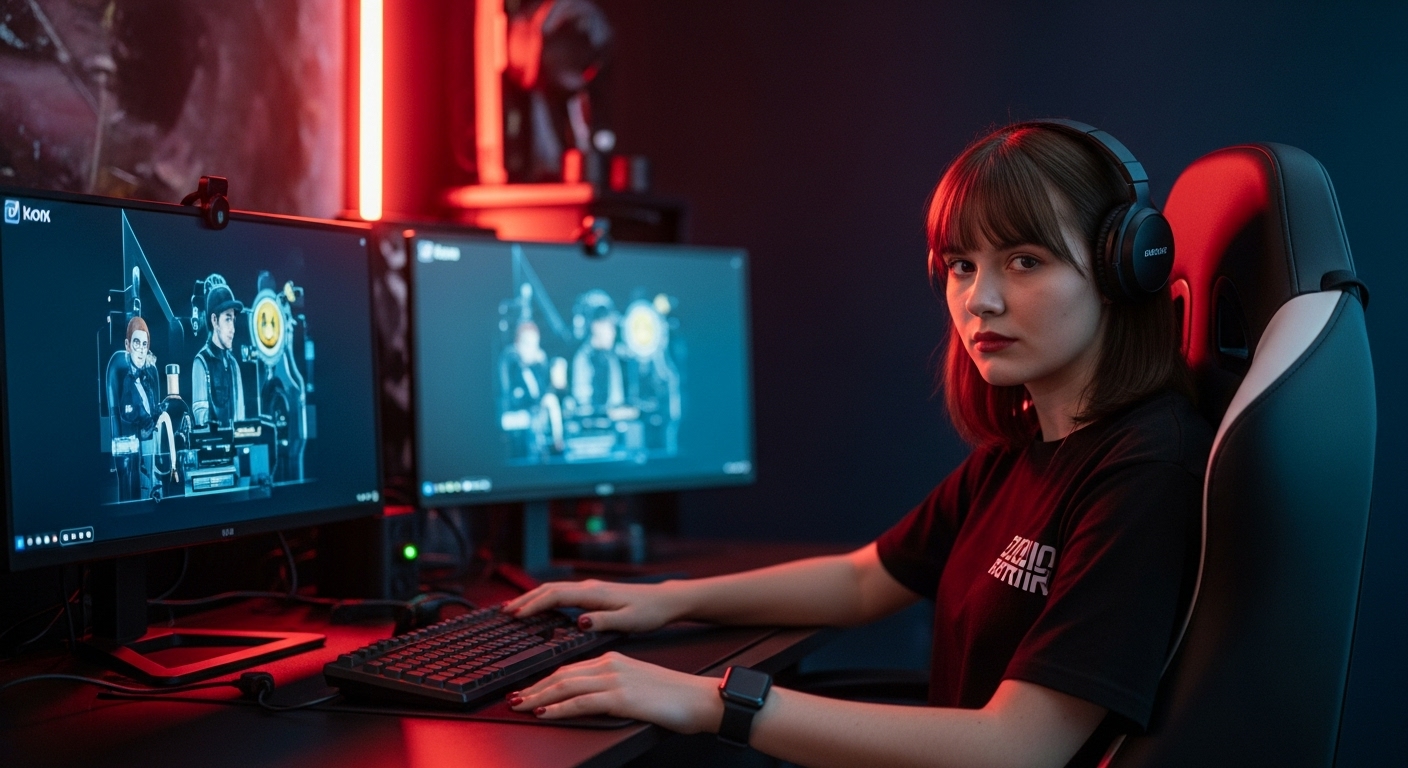There’s something inherently fascinating about puzzles. I mean, they’re everywhere. From childhood jigsaws to the complex riddles we face in life, puzzles are just woven into our fabric. The primary keyword, Puzzle, always gets people thinking, right? Or maybe it’s just me. Anyway, let’s dive into why puzzles have this irresistible charm.
The Allure of Puzzles
It’s weird how a simple puzzle piece can grab your attention. Or a Sudoku just sits there, begging to be solved. Puzzles engage our brains like nothing else, often leaving us wanting more. They challenge us, tease us, and reward us when we finally crack them. The sense of accomplishment—it’s addictive.
The Historical Perspective
Puzzles have been around forever. Seriously, ancient times. Think about the labyrinth in Greek mythology or the Chinese tangram puzzles. These weren’t just idle pastimes either. They were intellectual challenges. The puzzle addiction isn’t anything new. Folks back then were just as drawn to these mind-bending activities. And if you think about it, puzzles have evolved so much, yet the core remains the same. Finding patterns, solving problems, and that sweet feeling of triumph.
Types of Puzzles: Beyond Just Jigsaw
Sure, when you hear “puzzle,” a jigsaw is probably the first thing that pops into your head. But there’s a whole spectrum out there:
- Logic Puzzles: The kind you find in crossword sections. They make you think in ways you didn’t think you could.
- Mechanical Puzzles: Those twisty metal things or Rubik’s cubes. Get your hands busy, and your mind follows.
- Mathematical Puzzles: Sudoku! These get the numbers flowing and the neurons firing.
- Word Puzzles: Anagrams, ciphers, and more. They challenge your language skills and your patience.
Each type offers its own brand of mental gymnastics. And that’s where the joy lies.
Why Do We Love Them So Much?
I often wonder why we put ourselves through the agony of a tough puzzle. It’s like, why do we love the frustration? Maybe it’s the challenge, or maybe it’s just human nature to enjoy a good brain workout. It’s that sense of order from chaos. Puzzles take a mess and turn it into something beautiful and complete.
The Brain’s Workout
Puzzles are like gym sessions for the brain. Seriously. They not only keep us entertained but also help build cognitive skills. Working on a puzzle enhances memory, improves problem-solving skills, and increases IQ. Who knew you could get smarter just by playing?
The Social Aspect
Puzzles can be a solitary activity, but they also bring people together. Ever tried solving a jigsaw with family or friends? It’s a bonding experience. There’s something about that shared frustration and eventual success. It’s kind of magical.
The Puzzling World of Puzzle Enthusiasts
There’s a whole community out there dedicated to puzzles. It’s like a secret club. Enthusiasts share strategies, swap stories, and sometimes even create their own. Some folks even compete. Yes, puzzle competitions are a thing.
A Global Phenomenon
Puzzle culture is global. While some might consider it a nerdy hobby, it transcends borders. Just check out the various puzzle groups online. You’ll find people of all ages and backgrounds.
Puzzle Creation: An Art and a Science
Creating a puzzle is often as challenging as solving one. It requires a balance of creativity and precision. Designers must think about difficulty levels, aesthetics, and solvability. It’s an art form in its own right. The satisfaction for creators comes when solvers pause, ponder, and finally piece it all together.
Modern Puzzles: Digital and Interactive
With technology advancing, puzzles have found new life online. Apps and digital games bring a modern twist to traditional puzzles. From online escape rooms to interactive puzzle games, the digital age has broadened the appeal. But at the core, they still offer the same mental challenges.
Benefits of Digital Puzzles
For one, they’re portable. You can take your favorite puzzles on the go. And they’re accessible to a wider audience, drawing in a new generation of puzzle lovers. Plus, with online communities, you can connect with fellow solvers from anywhere.
Escape Rooms: A Real-Life Puzzle Adventure
Ever tried an escape room? It’s a live-action puzzle. A group of people locked in a themed room, solving puzzles to escape. Sounds intense, right? It’s like being inside a real puzzle. They combine physical clues, logical challenges, and teamwork. Just check out the array of themes and difficulties at places like Mockpad. It’s a unique blend of adventure and intellect.
The Therapeutic Side of Puzzles
Beyond the fun, puzzles have therapeutic benefits too. They’re used in therapy to help patients with cognitive and motor skills. And they can be meditative, providing a sense of calm and focus. When the world feels overwhelming, a puzzle can be a welcome escape.
Mindfulness Through Puzzling
It’s a bit like meditation, the way puzzles can make you lose track of time. You focus, stress melts away, and you’re in the moment. It’s a way to quiet the noise of life and just be.
Building Resilience
Working through a tough puzzle builds patience and perseverance. You learn to handle frustration, adapt strategies, and keep pushing forward. Life skills in disguise, if you think about it.
The Future of Puzzles
Will puzzles ever fade away? Doubtful. As technology evolves, so will puzzles. Maybe augmented reality puzzles or more complex virtual experiences. Who knows? But the love for puzzles, that will surely endure. Because deep down, we all crave that feeling of piecing something together.
So, if you haven’t cracked open a puzzle lately, give it a shot. Whether it’s a crossword, a jigsaw, or a new escape room challenge—there’s always a new mystery waiting. Go ahead, let your mind wander.
FAQs
- What’s the most difficult type of puzzle you’ve ever encountered?
Oh, definitely those 5000-piece jigsaws. Sometimes, ones with solid color pieces. Torture.
- Why do some people hate puzzles?
It’s not everyone’s cup of tea. Some find them frustrating or just not engaging. Different strokes and all that.
- How long should a good puzzle take to solve?
Depends! A quick crossword might take 15 minutes, but some jigsaws can take days. Enjoy the process!
- What’s the best way to start with puzzles?
Start small. Try a simple jigsaw or online Sudoku. Build confidence and patience as you go.
- Is it cheating to look up answers?
Not at all. Sometimes you learn by seeing how it’s done. Just don’t make it a habit!



